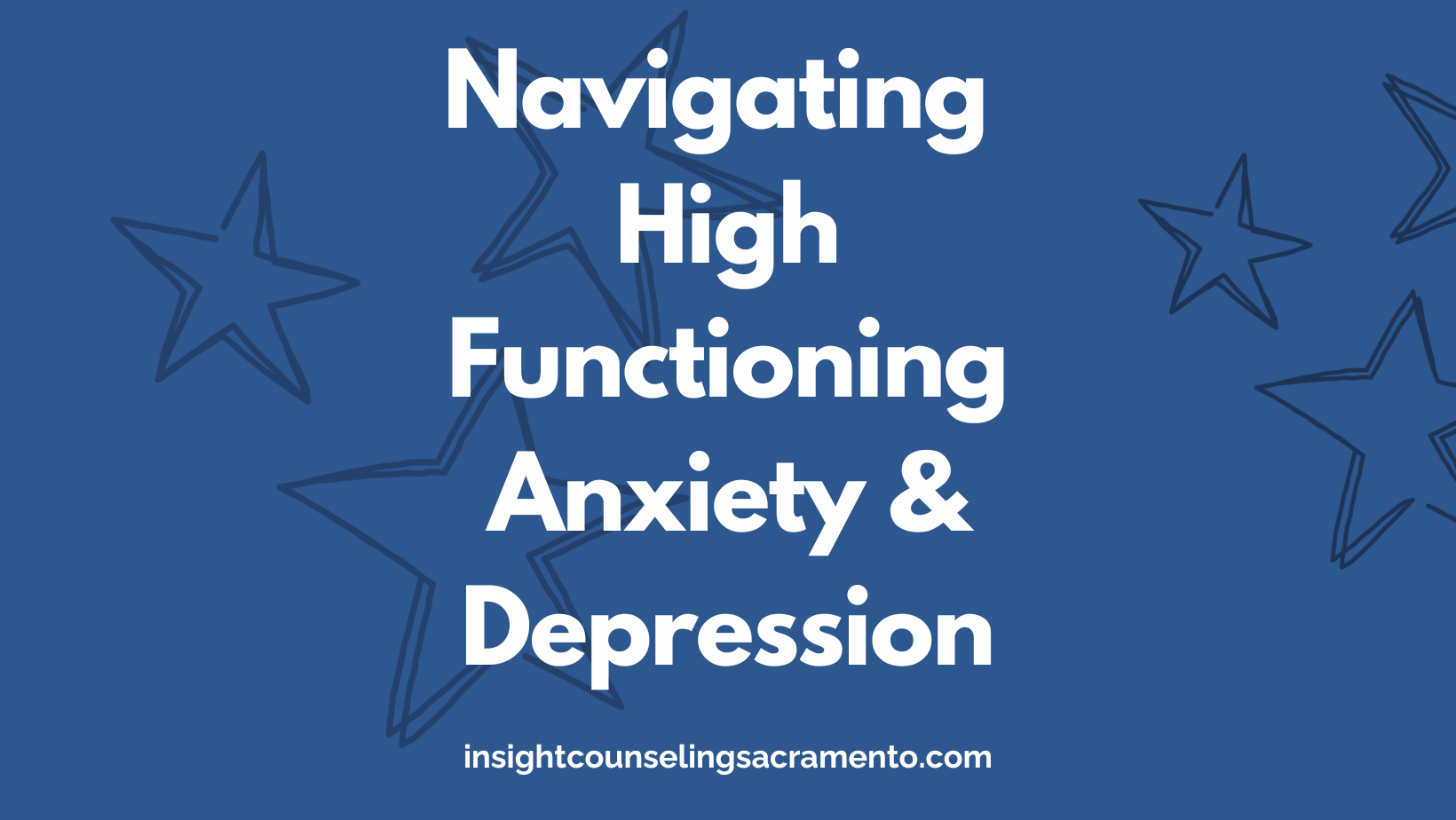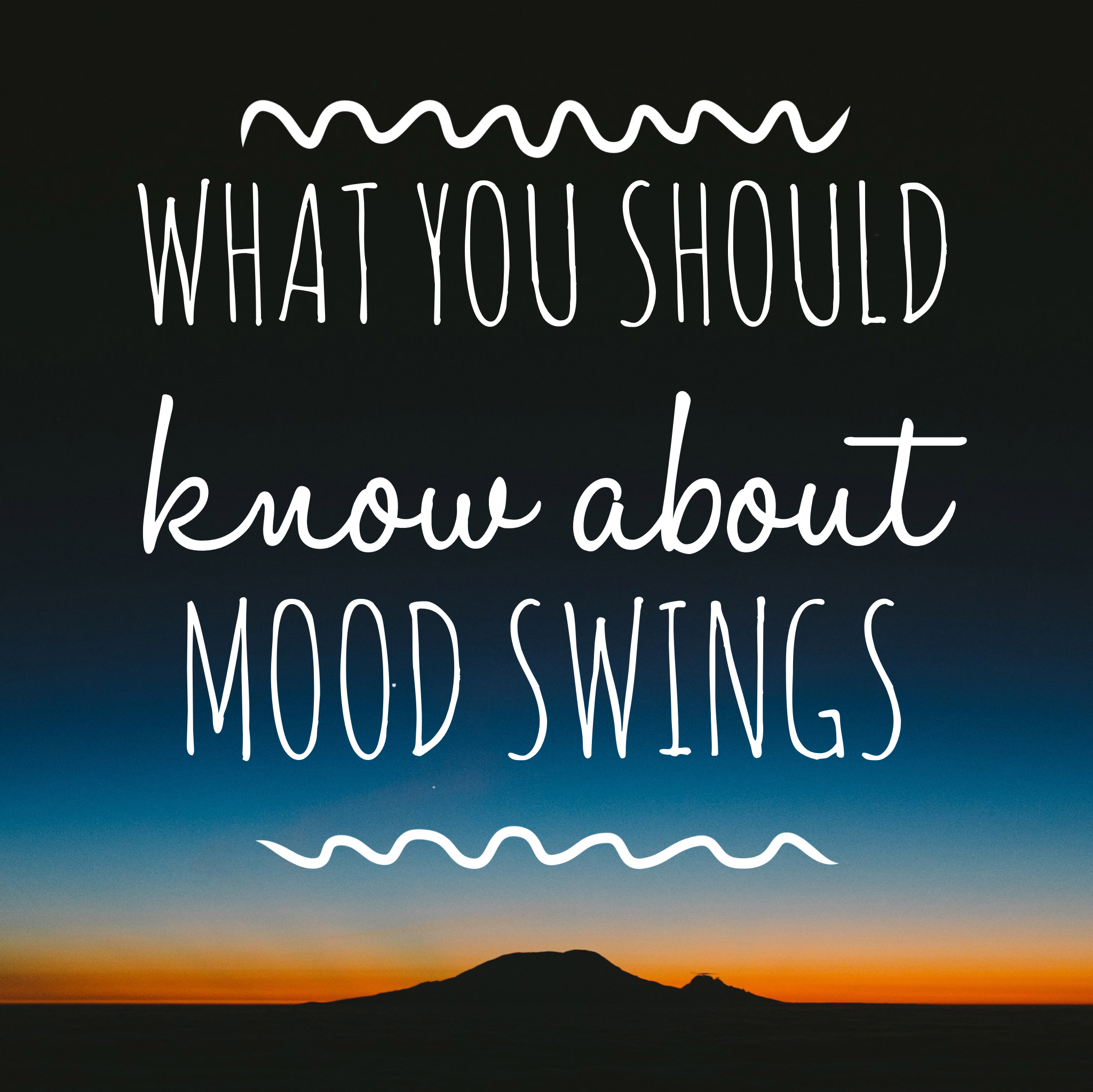
Navigating Life with High Functioning Anxiety or Depression: A Compassionate Approach from a Therapist in Sacramento
Living with "high functioning" anxiety or depression is a journey that often involves a great deal of effort and well-honed coping mechanisms. These strategies can mask the symptoms of anxiety or depression to the outside world, yet internally, individuals may grapple with an ongoing struggle to maintain functioning.

What you Should Know about Mood Swings
Having mood swings doesn't mean you're a failure or that depression, mania or bipolar disorder has "won." It means you need to reduce stressors and increase self-care. Adjusting to mood swings in a healthy way is one of the most difficult skills for people who are living with bipolar or any mood disorder to master. I specialize in helping people increase self-awareness, create a mood swing response plan, and gain understanding of how to move forward using healthy coping skills with self-confidence.

What's the big deal with self-care?
Many people are too busy multi-tasking their way through life, their attention dispersed among the things on their "to do" lists to even notice how the lack of self-care is affecting them. If you find yourself stressed out, overwhelmed, and physically or emotionally depleted, it's time to start practicing some of this self-care.

Empower Yourself by Learning to Conquer Social Anxiety
The sense of feeling separate from your body along with physical symptoms like tingling fingers may be caused by stress and anxiety, which effects you physiologically as well as emotionally. If you avoid speaking up at work meetings, skip going to social events, or spend a lot of time worrying about what you're going to say or how you look or sound, you may have social anxiety. You can get control back by understanding what creates these physical and emotional symptoms, and implementing effective coping skills.

How to Manage your Roller Coaster Moods with Confidence
Whether you love the thrill of a speeding roller coaster or turn green at the mention of them, living with depression, mania, anxiety, panic attacks or other mood disorders can sometimes force you onto a wild ride. Learning how to adapt to the sometimes sudden changes in moods and functioning is possible, and definitely helpful. When stress, low self-esteem, relationship problems, or life events create overwhelmed emotions, the changes in our moods may be exacerbated. Developing and following a plan while you're on the ride helps to manage the uncertainty of mood changes, and establish a stable foundation you can count on at the end.